Batman v Superman: Dawn of Justice and Captain America: Civil War both debuted in theatres around the world in 2016, and eight years later, the former has had a far more long-lasting impact.
DC vs Marvel
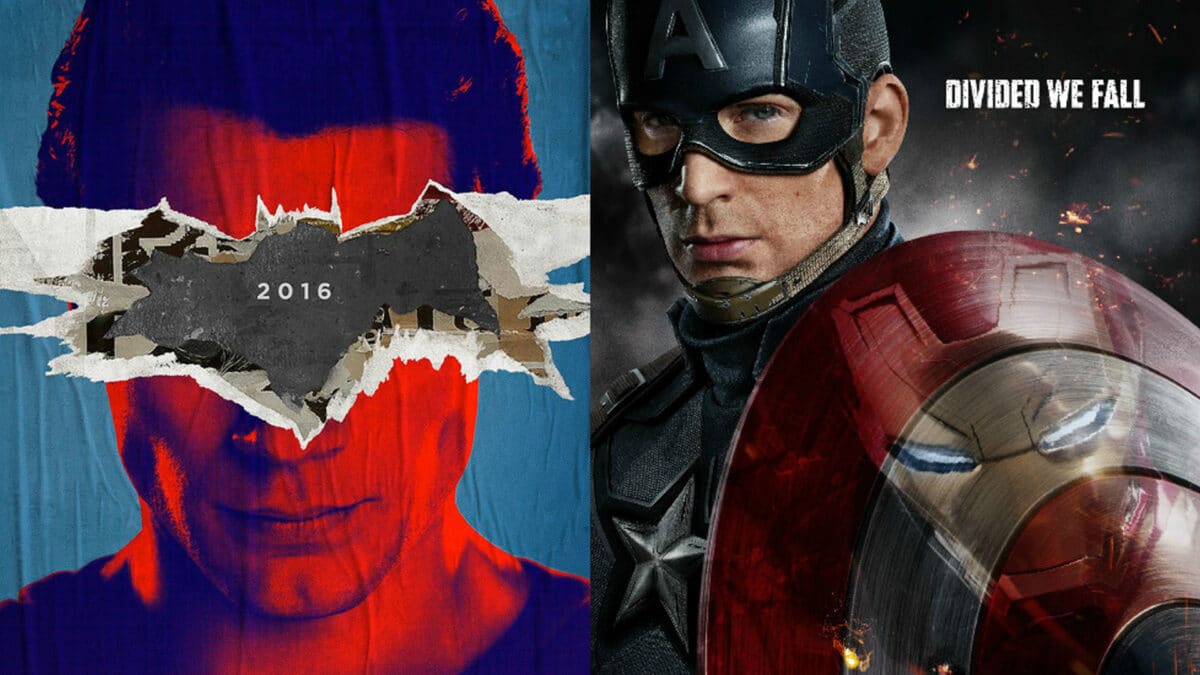
Batman v Superman and Civil War were released in very close proximity, with the former debuting on March 25th, 2016. The latter, arriving on May 5th of that year, and their close release to each other stoked the DC vs Marvel fandom war to its boiling point. This was in large part due to the two films, each being the big “heroes vs. heroes” chapters of their respective cinematic universes.
When all was said and done, Civil War emerged as 2016’s biggest box office hit with a largely positive reception. Batman v Superman, meanwhile, instantly became one of the most divisive superhero movies ever made. While it was a huge hit with its $873 million worldwide haul, the fact that it did not join the $1 billion club, along with its love-it-or-hate-it reception and never-ending lampooning of the “Martha” moment, gave Warner Bros. cold feet about Zack Snyder’s vision for the DCEU.
While all of the above factors gave Civil War the crown for 2016, eight years later, it is Batman v Superman that has cemented a much greater legacy in the long run. Ironically, the polarized reception to Batman v Superman itself helps explain why that is.
The Snyder Cut Phenomenon
The divisiveness of Batman v Superman led directly to Warner Bros.’s decision to pivot away from the tone Zack Snyder had started the DCEU within 2013’s Man of Steel, with the studio bringing in Joss Whedon to extensively reshoot and rework 2017’s Justice League. However, the massive retooling of Justice League (along with the seedy behind-the-scenes situation during the reshoots) lit the fire of the #ReleaseTheSnyderCut campaign, which eventually led to Snyder’s version of the film being released as Zack Snyder’s Justice League in 2021.
Amid the Snyder Cut fan campaign, the debate about the themes of heroism, power, corruption, and sacrifice in Batman v Superman raged day in and day out online, a trend that still continues to this very day. By itself, that is testimony that Batman v Superman has maintained a presence within the zeitgeist seldom achieved by most superhero movies. Even with a split audience reaction, Batman v Superman has done anything but recede from the public’s memory.
Civil War: A Passing Chapter?
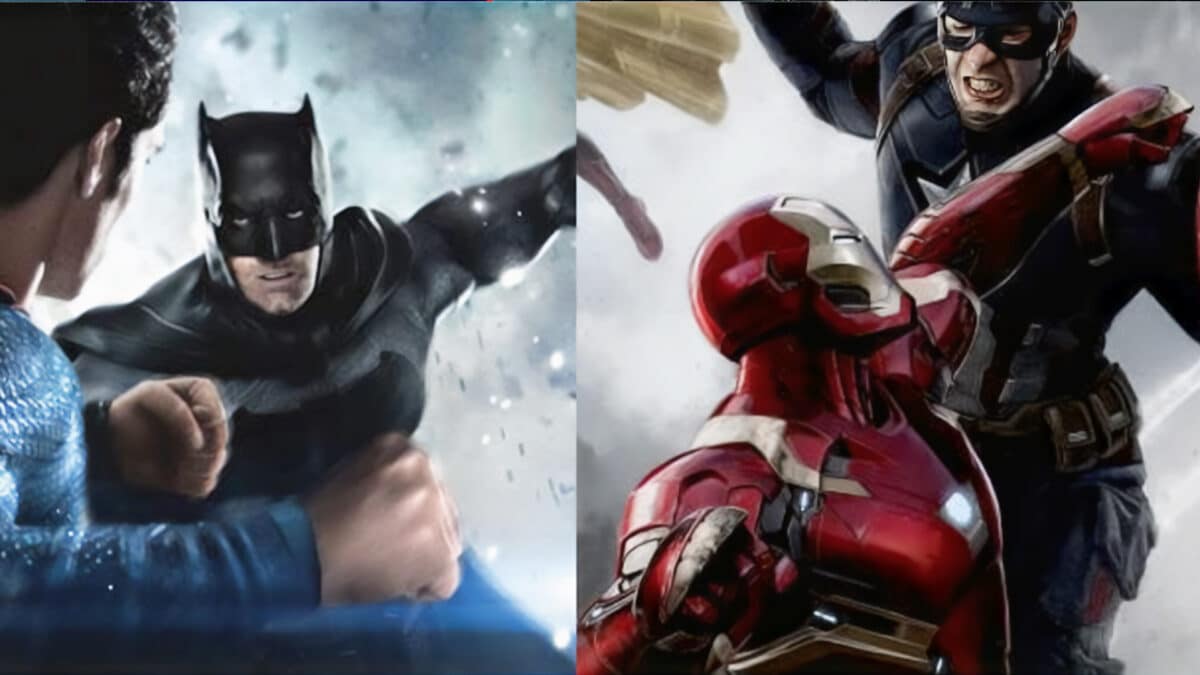
By contrast, Captain America: Civil War has arguably come and gone even within the context of the MCU itself. Despite its generally positive reception and box office triumph in 2016, Civil War has not left a comparably visible pop culture footprint. After all, when was the last time you saw nerds furiously debating whether they would fight on Captain America or Iron Man’s side? Within the MCU, Civil War also has not been referenced or returned to much, if at all, especially after Thanos showed up to threaten the entire universe, effectively forcing the divided Avengers to put their baggage from the Sokovia Accords aside and team up again.
In measuring the impact the two films had, Batman v Superman has survived years of slings and arrows and simply seared itself into the collective consciousness. Moreover, the push for the Snyder Cut also bolstered the legacy of Batman v Superman even more.
Since its 2021 release, Zack Snyder’s Justice League has enjoyed an all-around positive reception, with even many detractors being won over and the public stock of Batman v Superman noticeably rising due to the pay-off its follow-up brought – even to the point of many still hoping to see Snyder’s intended conclusion to his five-movie Justice League story concluded at some point.
None of that is to say that Civil War is a bad movie or didn’t help move the MCU’s larger story forward. However, with eight years for both films to embed themselves in the public’s consciousness, nerds and the general public alike continue to talk about, debate, dissect, and ruminate over Batman v Superman far more than Captain America: Civil War.
However many Martha jokes it may have had to overcome, Batman v Superman: Dawn of Justice may have lost the battle of 2016, but it has clearly won the war.
Tell us, do you agree? Has Batman v Superman outlived Captain America: Civil War?

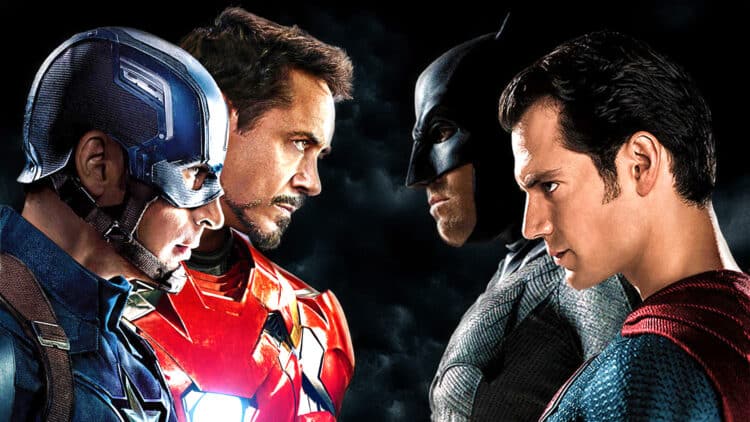
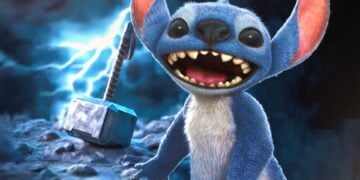

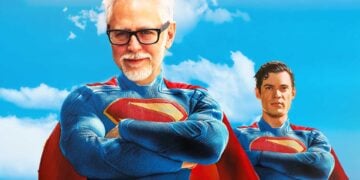



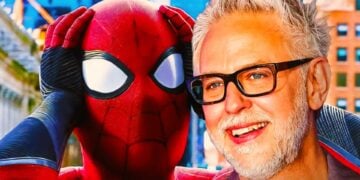
You’re a funny guy. I respect the commitment to the joke.
Yes, BvS wins
It started with the release of Batman v Superman’s Ultimate Edition. The director’s cut was considered a significant improvement over the theatrical cut for restoring some missing context, improving the flow of the film, etc. although some of that positivity can be from people just watching it again after a while.
WB’s interference with several theatrical cut releases in that period has to be mentioned along with their getting “cold feet” over Snyder’s vision. WB took the unprecedented step of releasing a deleted scene on YouTube after BvS’ opening weekend because of the reactions to their bungling of the theatrical cut. It wasn’t limited to Snyder either as David Ayer’s Suicide Squad showed similar signs of studio interference. With Justice League (2017), fans had about enough & that eventually snowballed into the SnyderCut movement.
Time and the divisive politics since 2016 also played a role in how BvS has been perceived as there were notable parallels to real world political events. It’s hard to deny the appeal of a movie where alien immigrants are targeted by white billionaires in the backdrop of the Trump era, especially when it culminates in an attack on the US Capitol, over 4 years before the real events of Jan 6, 2021.
In 2017, Actor/ Director Jay Baruchel compared BvS to Civil War saying, “Batman V Superman… Dawn Of Justice: Ultimate Edition is probably the film I’ve seen the most from last year. I’ve watched it about seven times…”, “even when I saw the theatrical one and didn’t love it. In its weakest moment, it has more choice, style and commitment to it than the best moment in Civil War. Civil War, I can’t tell you what it’s about or who made it. You watch Batman V Superman you know exactly what it’s about and he fucking committed to a choice and DC always does that.” & “for my money I think history’s going to regard that as the world’s most expensive indie film.”